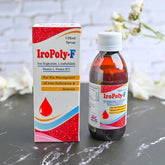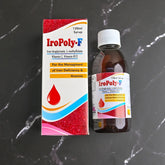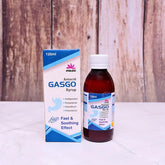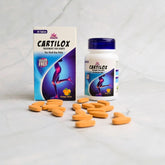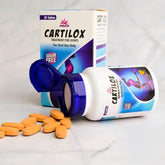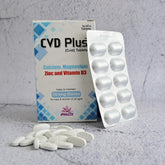Vitamin A
Vitamin A is not only crucial for maintaining good eyesight but also plays a vital role in fortifying your immune system. Found in various foods such as milk, eggs, broccoli, leafy greens, and colorful vegetables like squash and carrots, Vitamin A ensures the health of cells in the kidneys, lungs, and heart. Its presence is essential for the formation of rhodopsin, a protein vital for light absorption in your eyes.
Vitamin B
The B-vitamin complex encompasses Thiamin (B1), Riboflavin (B2), Niacin (B3), Vitamin B6, and Vitamin B12. Each of these vitamins plays a unique role in supporting different aspects of your health, including immune function, energy production, nerve health, and red blood cell formation. Incorporating a variety of foods like meat, eggs, milk, whole cereals, beans, and nuts ensures you get a comprehensive dose of these essential B-vitamins.
Vitamin C
Widely recognized for its role in combating colds, Vitamin C goes beyond that by aiding in wound healing. Studies from the University of Texas Southwestern highlight its significance in accelerating the healing process for severe burn wounds. Oranges, mangoes, kiwi, and avocado are excellent sources of Vitamin C that you can easily incorporate into your diet.
Vitamin D
Unlike many vitamins, Vitamin D is synthesized in your skin when exposed to sunlight. This unique vitamin facilitates the absorption of calcium, crucial for bone and teeth health. While sunlight is the primary source, Vitamin D can also be found in foods like fatty fish and fortified dairy products.
Iron
Iron is a key component of red blood cells, responsible for transporting oxygen throughout your body. An iron deficiency can lead to anemia, causing fatigue and dizziness. Ensure an adequate intake of iron through supplements or by consuming iron-rich foods like spinach, lentils, dark chocolate, beef, and broccoli.
Folic Acid
Especially crucial for women of childbearing age, folic acid plays a significant role in preventing defects in the development of the brain or spine in babies. Leafy green vegetables, fruits, beans, peas, and nuts are natural sources of folic acid, and supplements are readily available.
Omega-3 Fatty Acids
Found in fish, seafood, hemp seed, flaxseed, walnuts, and their oils, Omega-3 Fatty Acids contribute to improved brain function, skin health, and heart health. They are particularly beneficial for regulating unhealthy fats and maintaining overall well-being.
Calcium
Essential for the development of strong bones, teeth, and nails, calcium is a supplement that everyone should consider incorporating into their daily routine. Sources include fortified orange juice, milk, meat, fish, soy and rice drinks, and tofu.
Closing Thoughts on Vitamins You Should Be Taking
Taking charge of your health is a priority, and providing your body with the necessary vitamins is a fundamental step. In the sea of health messaging, it's essential to focus on the basics. Ensure you're taking at least these eight vitamins regularly to maintain optimal health. Bookmark this guide and share it with others to spread the knowledge of essential daily vitamins. Your well-being is worth the investment!





